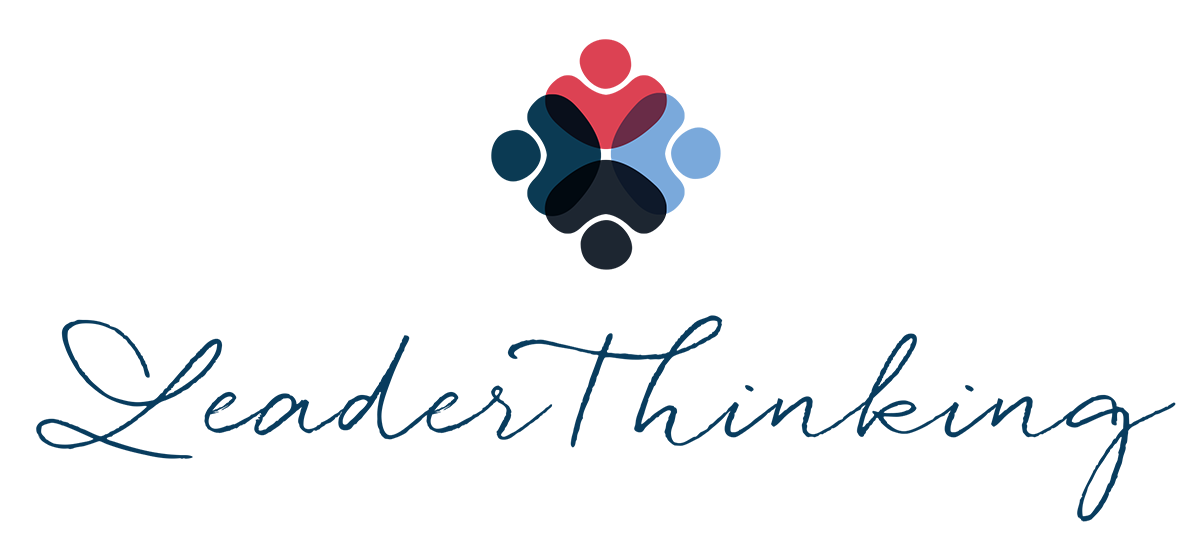
I had a very interesting conversation with my client Lynn (not her real name). Lynn is a successful lawyer doing big things that will powerfully impact the lives of many other lawyers.
What Lynn is building requires an element of volunteer management. There are nearly 75 volunteers who will use their time and energy to be of service to nearly 1000 lawyers. The organization’s vision and mission are wonderful. If she can establish a solid foundation on which to build this organization, it will be a vehicle that changes lives.
Lynn is meeting with each volunteer lawyer to determine which role they would like to take ownership of. She wants each individual’s choice to be in alignment with tasks they are passionate about. Then, once they accept the responsibilities of the role, she told me her role will be to “hold them accountable” to deliver results.
I asked Lynn if we could dive a bit deeper into her statement. Why? Because I am of the belief that it is impossible to hold anyone accountable for anything. People will do what they want to do and will not do things they don’t want to do. You can’t make anyone do anything. They will simply deal with whatever the consequences are resulting from their action or inaction.
Many in the coaching industry state that working with a life/business coach will provide you with the support needed to be held accountable to your goals and dreams. I disagree. I can’t hold you accountable for anything. I can coach you, advise you, support you, help you and cheerlead for you. But the truth is, I cannot hold you accountable to yourself to accomplish what you claim you want for your life or business.
Additionally, that language demonstrates a very threatening approach, i.e. if you don’t do this or that, there will be consequences. Well . . . we know that. But in Lynn’s case, these lawyers are volunteers, desiring to be of service to other lawyers. Is threatening language really appropriate? I think not. And, what is the consequence? They won’t be allowed to give their already limited time to the organization for free anymore. I imagine the volunteers could probably live with that.
As their leader, Lynn will have to anticipate and understand that volunteers will always have competing priorities to the mission at hand. Things will always come up and challenge their ability to support this cause which is truly near and dear to their hearts which is why they volunteered in the first place.
Lynn’s role is not to hold anyone accountable. Her role is to lead, inspire and support. If she embodies those qualities she will never feel the need to hold anyone accountable.
I asked Lynn to consider reframing her mindset and language and do the following:
- Express sincere thanks and gratitude for their time, expertise and willingness to support her vision and the organization’s mission in every meeting.
- Set aside time in every meeting for the volunteers to express what they need from her as their leader, and the organization as a whole, to maintain their passion for seeing the project succeed.
- Co-create an action plan, such as a buddy system or circles to provide the volunteers with layers of support for responsibilities and tasks. This will ensure no one is managing more than he or she can handle when other pressing issues emerge.
The wonderful thing about this true leadership approach is that it works for people who are your employees, subordinates or other teams you lead. I write more about this in The Unwritten Laws of Leadership.
Instead of attempting to hold others accountable, become the kind of leader the members of your team will aspire to be and watch them bring your vision to life.
Would you like to know how I work with women lawyers to help them improve their leadership development skills? Email me confidentially at [email protected] or InMail me on LinkedIn.
Have you downloaded your free copy of – 3 Huge Mistakes Women Lawyers Make & How You Can Avoid Them?

Recent Comments